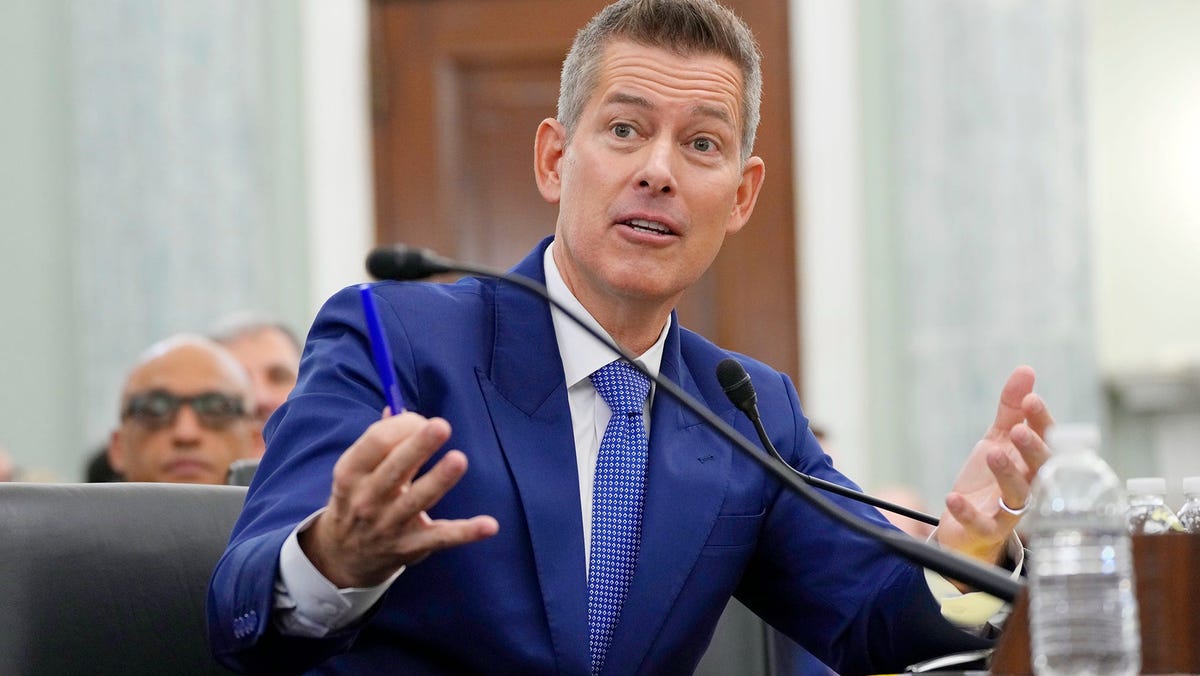The Trump administration agreed to end the U.S. Transportation Department’s use of race or gender when awarding highway and transit project funding.
100 days of Trump: 3 key changes impacting people across America
100 days after returning to power, Donald Trump is charging ahead with tariffs, an immigration crackdown and federal cuts, including dismantling DEI.
- The Transportation department said in a court filing that it agreed the “program’s use of race- and sex-based presumptions is unconstitutional.”
- The department previously defended the policy as seeking to remedy past discrimination but said it has reevaluated its position in light of factors including a 2023 Supreme Court’s decision.
The Trump administration said on Wednesday it has agreed to end the U.S. Transportation Department’s consideration of race or gender when awarding billions of dollars in federal highway and transit project funding set aside for disadvantaged small businesses.
A judge in September in Kentucky ruled that a federal program enacted in 1983 that treats businesses owned by racial minorities and women as presumptively disadvantaged and eligible for such funding violated the U.S. Constitution’s equal protection guarantees.
The Transportation department said in a court filing that it agreed the “program’s use of race- and sex-based presumptions is unconstitutional.”
The department previously defended the policy as seeking to remedy past discrimination but said it has reevaluated its position in light of factors including the Supreme Court’s decision in 2023 in an affirmative action case.
U.S. District Judge Gregory Van Tatenhove in Frankfort, Kentucky, an appointee of Republican former President George W. Bush, said the federal government cannot classify people in ways that violate the principles of equal protection in the U.S. Constitution.
He relied in part on a ruling last year by the U.S. Supreme Court that effectively prohibited affirmative action policies long used in college admissions to raise the number of Black, Hispanic and other underrepresented minority students on American campuses.
The program was reauthorized in 2021 through then Democratic President Joe Biden’s signature Infrastructure Investment and Jobs Act, which set aside more than $37 billion for that purpose.
